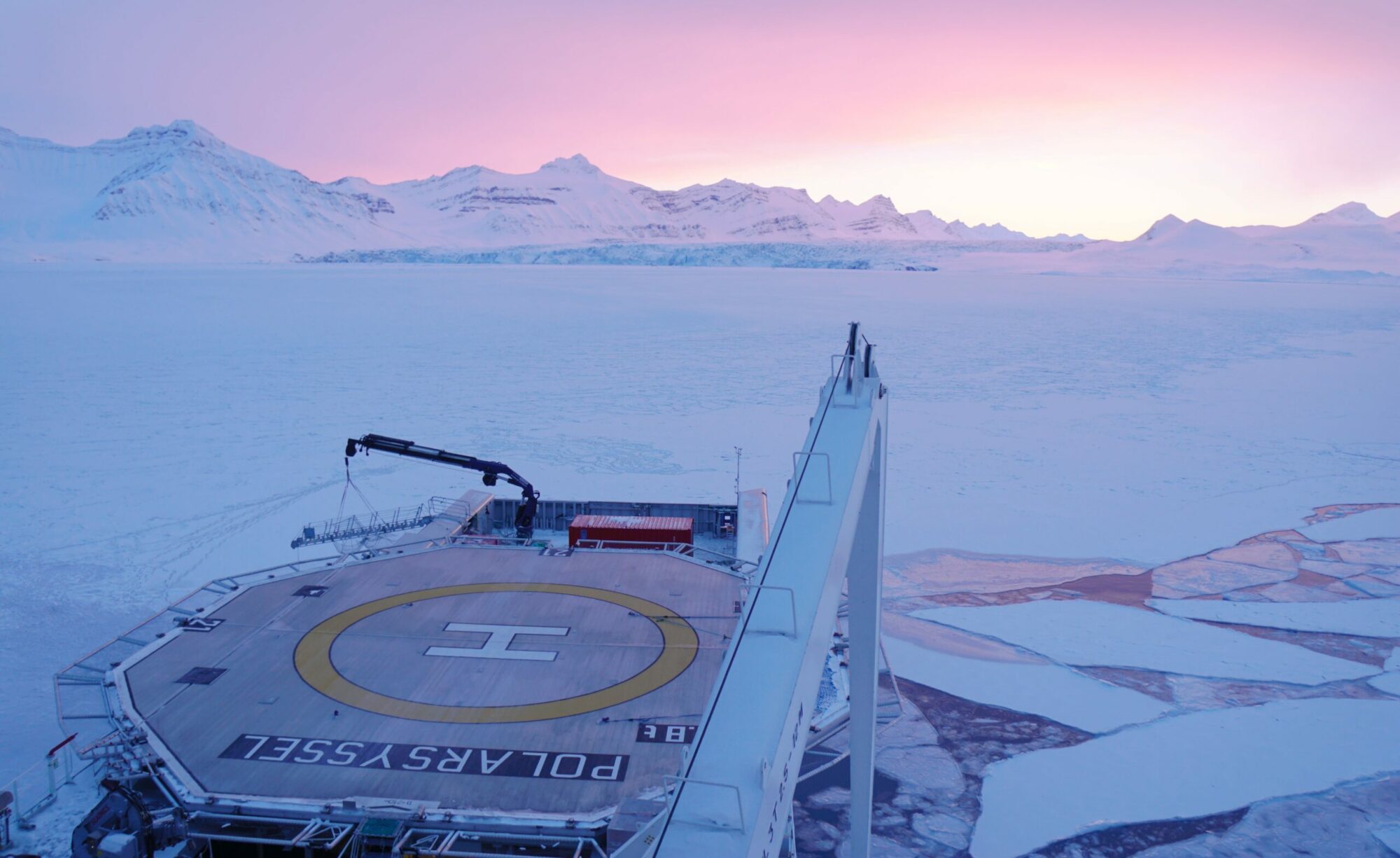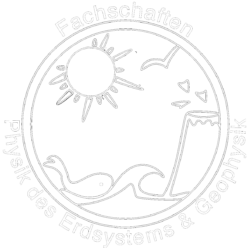General Information
If you haven’t studied enough after your bachelor’s degree and want to dive deeper into matter and the earth, geophysics is the place for you. Here you can apply the math and physics you learned in your bachelor’s degree to exciting topics: Earthquakes, volcanoes, ice mass movement, archaeological issues, landslides, groundwater stuff, earth structure, …
Most of our work is still done on the computer screen, but that doesn’t stop us from being active outdoors as well, since the nice data has to come from somewhere. Trips on the big research vessels or measuring trips to different parts of the world are actually part of our study plan! Whether it is Turkey, Greece, Slovenia, Italy, Namibia, Labrador Sea, Hawaii, La Réunion or just outside our door, we geophysicists can be anywhere during our studies.
In general, the geophysical spectrum ranges from completely theoretical (wildly juggling formulas) to applied (knee-deep in mudflats). Where you place yourself is up to you.
You can find further information about the study program on the website of the university: https://www.ifg.uni-kiel.de/de/studium-1/m-sc-geophysik (Unfortunatly only in german)
Kiel from a Student’s Perspective
We will spare you the things you can read on the university website here and add what we think is important from a student perspective. If you haven’t already read it five times on the university website, Kiel is located directly at the Baltic Sea. This is pretty cool for many reasons, as you can imagine. In fact, the sea also influences our studies, the proximity to Geomar (Helmholtz Center for Ocean Research) allows for one or the other contact or excursion. Due to the close contact to the lecturers, it is very easy to actively participate in the research at the institute and at Geomar with student jobs as a research assistant. In general, we are a rather small study program, you really have to make an effort to avoid your fellow students and not find any connections. Small groups are of course also very pleasant in the lectures. Nevertheless, we have a huge selection of specialization options here in Kiel. Since there are no profiles, you can freely arrange your course of study and, at least for the most part, only take what you really want to.
For the overambitious among you who already want to take a closer look at the possibilities, here is the list of study groups:
- University
- Marine Geophysics (Prof. Krastel)
- Satellite and Aerogeophysics (Prof. Ebbing)
- Applied Geophysics (Prof. Rabbel)
- Seismology (Prof. Meier)
- GEOMAR
- Ocean Bottom Modelling (Prof. Rüpke)
- Marine Geophysics (Prof. Berndt)
- Marine Geodesy (Prof. Kopp)
- Marine Seismology (Prof. Grevemeyer)
- Marine Geomechanics (Prof. Urlaub)
Relevance and Career Perspectives
And maybe you are asking yourself now, aha and what do you do with it?
In fact, we can find an incredible number of professional fields where we can apply our knowledge.
Geohazards, as the name suggests, require the attention of geo-people. Earthquakes, volcanoes, landslides are all part of your daily bread here. Your main potential employers are insurance companies and government agencies. Doesn’t sound like much at first, but it involves a lot of risk assessment and the chance to save lives or minimize damage to infrastructure in the event of an emergency.
MORE ENERGY! is what people who go into this industry think. When it comes to renewable energy, geothermal energy is a particular focus, but you can also get involved in site selection (ground engineering) for on- and offshore wind turbines. You are of course free to give up your soul in the search for non-renewable resources, fossil fuels are still in hot demand. And if you can get gas out of the ground, you can put some in as well. CO² compression and storage of green hydrogen could be a huge thing in the future. Precious metals and stones also want to be extracted from the ground. And, of course, the search for groundwater and monitoring its quality (including salinization) is an important task.
Now let’s move on to the engineering area. We can bore tunnels, check the condition of constructed buildings, and examine the ground. This includes, above all, explosive ordnance disposal, a sector not to be neglected for geophysicists.
And last but not least, research. You really can’t complain about that in Kiel. With all the working groups mentioned above, you can dive deep into the earth, the sea, ice, space or the past. Some research areas have already been mentioned (e.g. earthquakes or gas storage), others have less direct commercial interest. Climate (impact) research, basic research on the structure of the Earth, and archaeological research can all be done with geophysics.
And in the unlikely event that all of this doesn’t interest you after your master’s degree, you will have learned programming, data analysis, and spatial reasoning. You can use these skills in other career fields.

